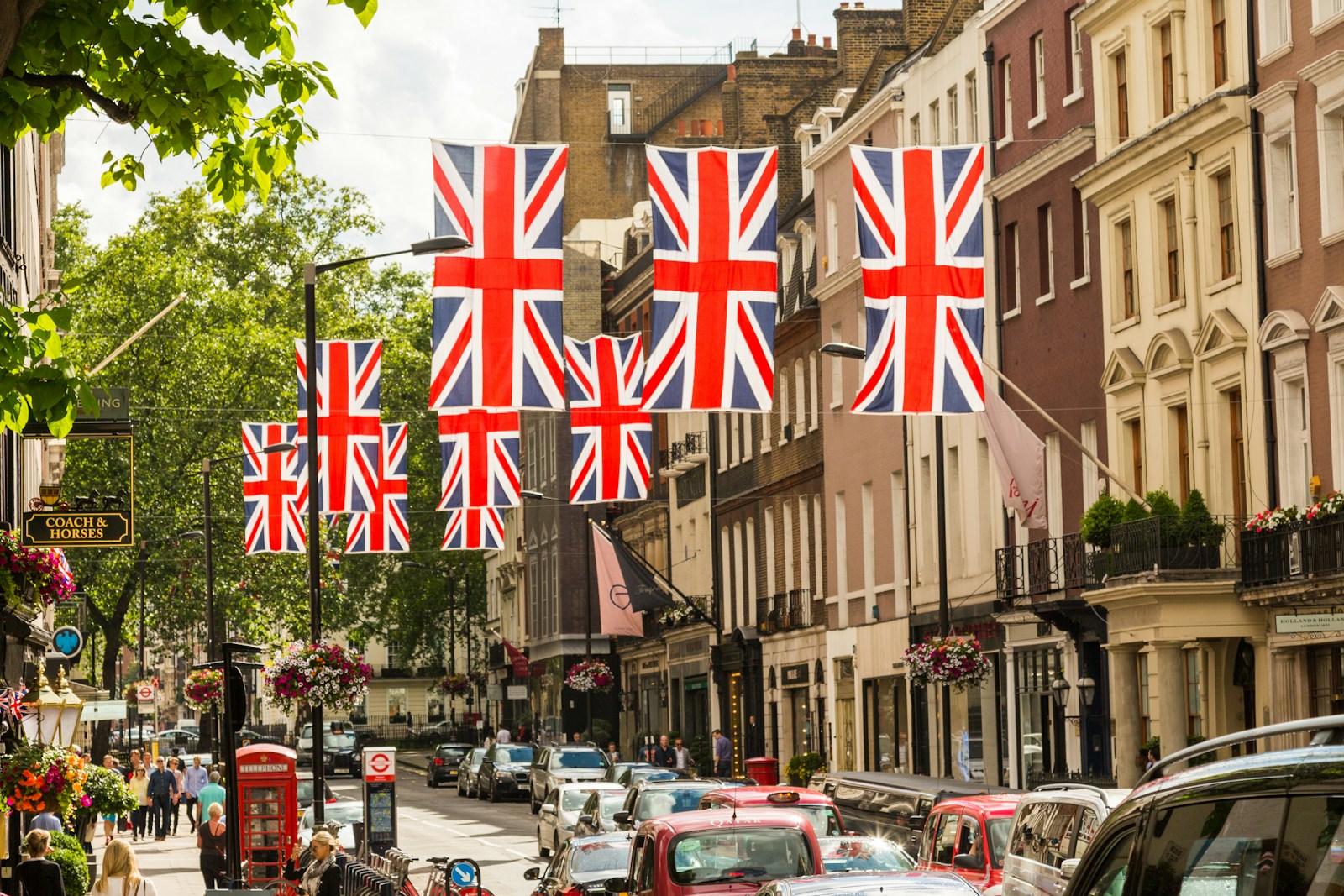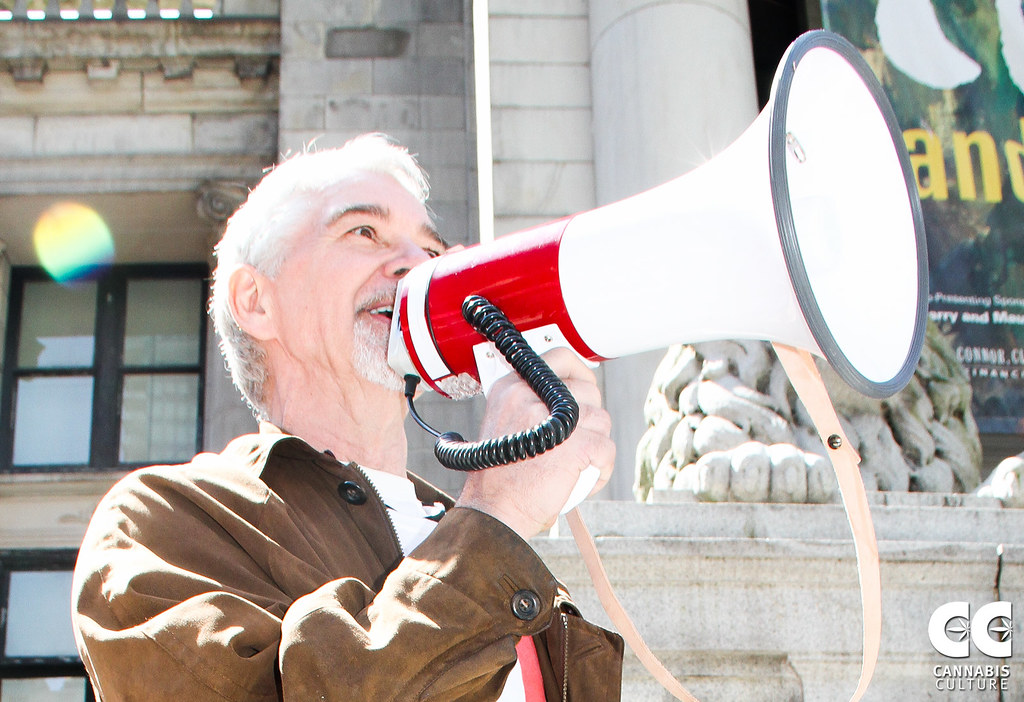Maps Reveal How British Accents Will Sound in 50 Years
When you think about accents, the British Isles offer a stunningly rich tapestry of varied sounds and dialects. From the lilting tones of a Welsh speaker to the sharp cut of a Cockney, accents in the UK are deeply tied to regional identities, histories, and even social classes. Yet, just as language evolves, so too do accents, influenced by factors such as migration, media exposure, and social interaction. So, what will British accents sound like in 50 years? Well, researchers have taken to maps to project how these accents may shift over the coming decades. Let’s explore some fascinating insights into this vibrant dialectical future!
The Current Landscape of British Accents
Before we delve into the future, let’s appreciate the splendid variety of accents present in Britain today. Whether it’s the Singlish of East London or the musicality of Scouse from Liverpool, each accent tells a story of the people and their surroundings.
Regional Accents
- Received Pronunciation (RP): Often considered the “standard” British accent, RP is associated with the educated classes and broadcasters. However, its prevalence is waning, especially among younger generations.
- Estuary English: A blend of RP and Cockney, Estuary English is increasingly popular in Southeast England, particularly around London and Essex.
- Yorkshire: Known for its flat vowels and distinct diphthongs, the Yorkshire accent is charming and robust, embodying the spirit of the North.
- Geordie: Hailing from Newcastle, this accent is as warm and inviting as the people who speak it.
- Scottish and Welsh Accents: Both regions boast their unique accents that vary widely even within their borders. The rolling tones of Glaswegian or the sing-song lilt of a Cardiff accent are just a few examples.
The Influences Shaping Accents
Accents are not static but are shaped by various influences, including:
- Migration: As people move, they bring their accents with them. Urban areas become melting pots of dialects, leading to the fusion of sounds.
- Media: Television and music can have a profound effect on how accents evolve. Characters and celebrities often set trends in speech.
- Technology: With the rise of social media, younger generations are exposed to a wider variety of accents, which can influence their own speech patterns.
The Future of British Accents
Now that we’ve established the rich tapestry of accents present in the UK today, let’s dive into the predictions for the next 50 years. Researchers have started mapping out how accents may evolve, considering the influences mentioned above.
The Role of Technology
In an increasingly globalized world, technology continues to play a pivotal role in shaping accents. The rise of video conferencing tools and social media platforms means that people interact with diverse accents daily. This exposure could lead to a blending of accents, where distinct regional features are softened or merged.
Predictions:
- Hybrid Accents: We may see a rise in hybrid accents—those that blend features from multiple regions, creating entirely new sounds.
- Technology Influence: Voice recognition software and AI may also contribute to a standardization of accents, as people unconsciously adapt their speech to be more easily understood by tech.
Migration Patterns
As populations shift and move, the accents associated with those groups will likewise change. Cities like London, Manchester, and Birmingham are already wonderfully diverse, and the trend is likely to continue.
Predictions:
- Merging of Accents: With increased migration, we might witness the emergence of new urban accents that draw from diverse backgrounds, creating a more multicultural sound.
- Revitalization of Regional Accents: Conversely, as some people migrate to urban centers, those who remain in rural areas may become more protective of their regional accents, leading to a potential revitalization of certain dialects.
The Impact of Globalization
As global communication becomes more seamless, British accents may also begin to take on influences from other English-speaking regions.
Predictions:
- American Influence: The growing dominance of American culture through television, film, and music may lead to certain American pronunciations blending into British accents.
- World Englishes: With English being a global lingua franca, the British accent might incorporate features from other English dialects worldwide, further diversifying the sound.
The Sound of Accents in the Future
So, what will these changes sound like? It’s a little tricky to predict precisely, but let’s paint a picture of what we might encounter.
The Rise of “New London”
Imagine a future where the accents of London are a blend of Estuary English, with hints of West African Pidgin and Indian English. This new London accent could feature vowel shifts that are more nasal and intonation patterns that reflect a diverse cultural background.
Regional Accents Taking Center Stage
As urban centers continue to grow, we may see a renaissance of regional accents. Perhaps the Yorkshire accent will become highly fashionable among the creative classes, celebrated for its authenticity and warmth.
The Scouse Influence
With the rise of Liverpool as a cultural hub, the Scouse accent may become increasingly prominent, inspiring hybrid accents across the country. The unique charm of Scouse could appeal to the youth, influencing trends in speech.
Conclusion
The future of British accents is a fascinating topic, offering a glimpse into the dynamic interplay between culture, identity, and language. As we look ahead to the next 50 years, it’s clear that factors like technology, migration, and globalization will play significant roles in shaping how we speak. While some accents may fade or evolve into new forms, others may emerge more vibrant than ever, reflecting the rich tapestry of life in the British Isles.
As we navigate this shifting linguistic landscape, it’s important to celebrate the diversity of accents that make the UK so uniquely charming. After all, accents are more than just sounds; they are an embodiment of history, community, and identity. So keep listening, keep speaking, and most importantly, keep celebrating the wonderful symphony of voices that define Britain today and in the years to come!





